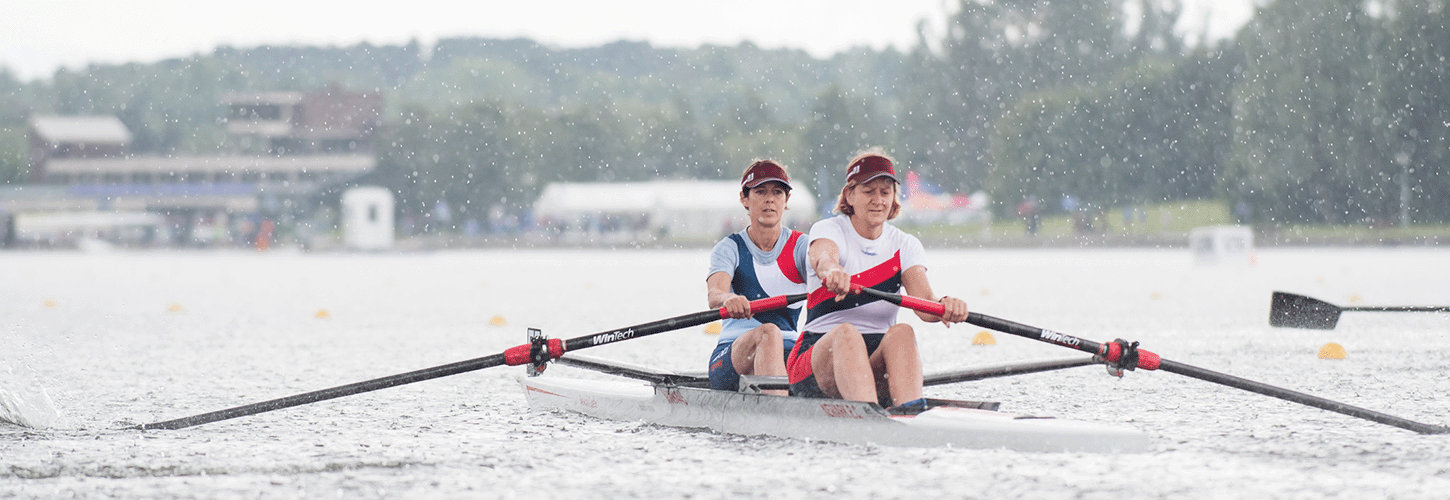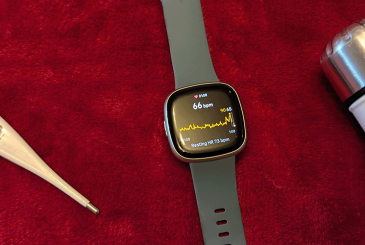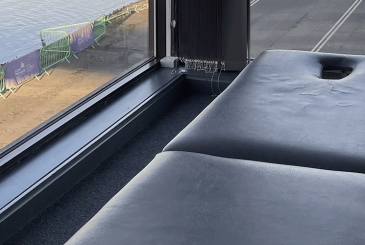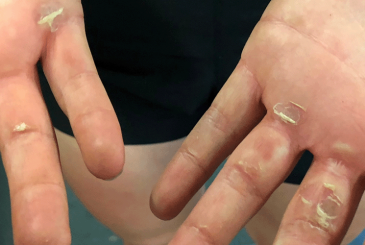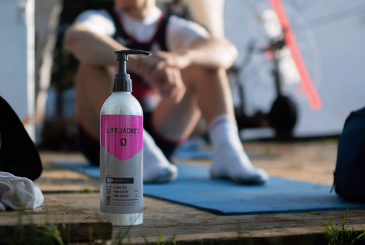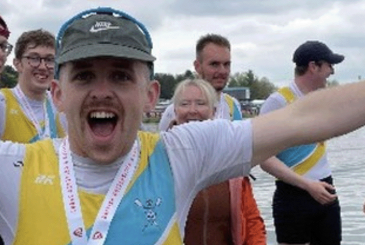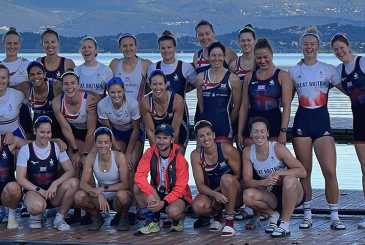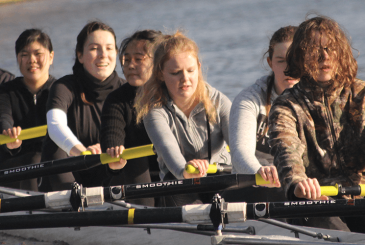There is no one reason why injuries occur, they tend to be a combination of factors which accumulate and ultimately lead to the body breaking down. In rowers, this is often due to overuse and overload. Here are some ideas which can help you to reduce the likelihood of an injury occurring.
Tip 1: Master your technique
Many injuries occur due to poor posture and poor technique, be that on the water, ergo or in the weight room. When you repeat movements in faulty positions, your overload your body. Learning to move technically well and efficiently will not only reduce this risk but should help you to make your boat go faster! When you’re learning to row, this is the prime opportunity to instill safe and effective patterns that become habit throughout your rowing life before you worry about building big muscles.
Tip 2: Become a morning person
First thing in the morning the body will be stiffer and the shock absorbers of your spine will be more hydrated, hence we are taller at the start of the day. Not a great combination for a sport which is prone to back injuries and early starts! The best way to counter this is not just to fall out of bed and go straight to training. The longer you are out of bed and moving around, the less vulnerable your back will be.
Tip 3: Mobilise
When warming up for a training session, you should be doing just that; increasing your body’s resting temperature before getting into the boat. Before sessions, get moving! Rowing is a full body exercise so preparation should reflect that. Specific areas to target should include your upper back, lower back, hips and hamstrings. Try to avoid spending lots of time doing static stretching. This is an important component of your training but save it for after your main sessions.
Tip 4: Remember, ‘You can’t build a house on sand’
A combination of strength, conditioning and core-specific training alongside your rowing sessions will help you to develop robust foundations. This will enable you to evolve into a stronger, better performing athlete, but it will also aid in resistance to injury if done appropriately.
Tip 5: Recovery is key
There is no question that good training makes good rowers, but in order to reap the rewards of hours on the water and in the gym, you need to strike a healthy balance between training hard and recovering well. This is the time that your body will adapt to the hard work you have put in.
During long training sessions when you’re already fatigued, you’re most likely to develop poor postures and bad habits. These make your body more susceptible to getting injured. A good rule when on the ergo is to try and avoid rowing continuously for more than half an hour. Pause for a quick drink and a stretch before you get back on.
Tip 6: Manage change
Often injuries occur when there is a change in training. Be that a change in number of sessions per week, a steep increase in mileage, an alteration to your rigging or a move from sculling to sweep (or vice versa). A sensible rule is not to change more than one thing at a time and any changes you do make, do gradually and systematically.
Tip 7: Listen to your body
If you don’t feel right, you probably aren’t! Persistent aches and pains are not normal and you should not train through them. If you experience pain or stiffness/aching which lasts more than 24 hours in duration then speak to your coach and seek an expert opinion. Early treatment often leads to better, quicker recovery.
Tip 8: Use injury time wisely
As much as any of us wouldn’t wish to be injured, enforced time out is an opportunity to work on things that you don’t usually have time for. These might include flexibility, technique or visualisation of the rowing stroke. Many times athletes have told me they have returned from injury in a better place, having focused on what they can do rather than what they cannot.
When you are returning from an injury, take your time. Your injured tissues, as well as the rest of your body, need to get used to the stresses and loads imposed by training gradually. Incrementally increasing the amount of time and mileage that you are doing will not only help your confidence, but increase your chances of a successful return. You may experience a whole variety of emotions when injured, which is totally normal, but have patience and don’t rush the last stages of rehab in particular as this is often when people are most vulnerable.
This article was first published in January 2016 in the ‘Women on Water’ blog.
Photo: Rob Eyton-Jones/Scottish Rowing


